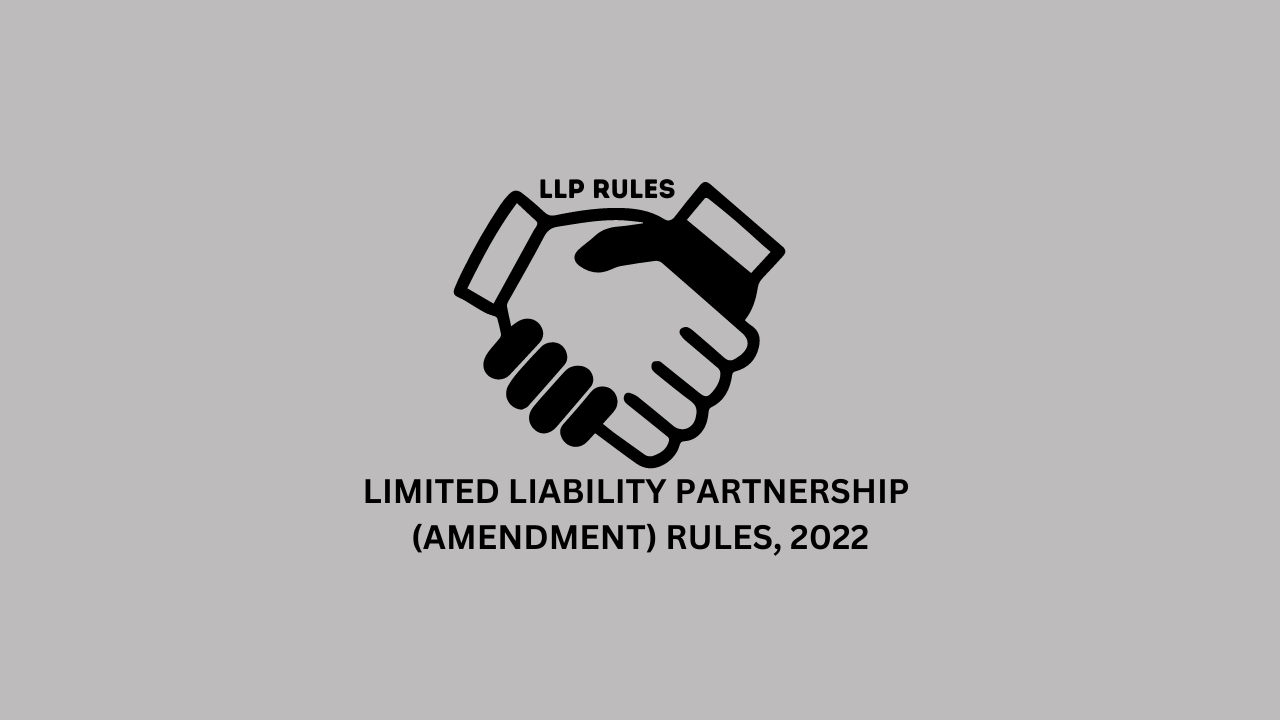
is a crucial step in the process of forming a Limited Liability Partnership (LLP) in India. The LLP Agreement outlines the rights, duties, and obligations of the partners, the LLP’s internal governance, profit-sharing arrangements, and other essential terms and conditions that govern the operation of the LLP. While the LLP Act, 2008, provides some default provisions, the partners have the flexibility to customize the LLP Agreement to suit their specific requirements. Here are the key components to consider while drafting an LLP Agreement:
Clearly mention the name and registered office address of the LLP.
List the names, addresses, and Designated Partner Identification Numbers (DPIN) of all the partners.
Specify the nature of the LLP’s business activities and its main objectives.
State the amount of capital each partner is contributing to the LLP.
Describe the mode of payment of capital and any additional capital contributions, if required.
Clearly define the profit-sharing ratio among the partners.
Outline the procedure for distribution of profits and losses.
Describe the decision-making process, including the voting rights and authority of each partner.
Specify the rights and responsibilities of Designated Partners.
Determine the quorum and voting requirements for decision making.
Outline the rights, duties, and obligations of each partner towards the LLP and other partners.
Mention the limit up to which partners can borrow or lend money on behalf of the LLP.
State the procedure for transferring or assigning a partner’s interest in the LLP.
Include mechanisms for resolving disputes and conflicts among partners, such as arbitration or mediation.
Provide provisions for the retirement or resignation of partners.
Specify the procedure for the dissolution and winding up of the LLP.
Include clauses related to indemnification of partners and limited liability.
Outline the process for amending or modifying the LLP Agreement.
Specify the governing law and the jurisdiction in case of any legal disputes.
Include standard clauses, such as notices, confidentiality, force majeure, etc.
Drafting an LLP Agreement requires careful consideration of the partners’ rights, responsibilities, and mutual understanding. It is essential to clearly outline the terms and conditions to avoid potential disputes and ensure the smooth functioning of the LLP. Engaging a legal professional or a company secretary with expertise in drafting LLP Agreements can help ensure that all legal requirements are met, and the agreement reflects the partners’ intentions accurately.








